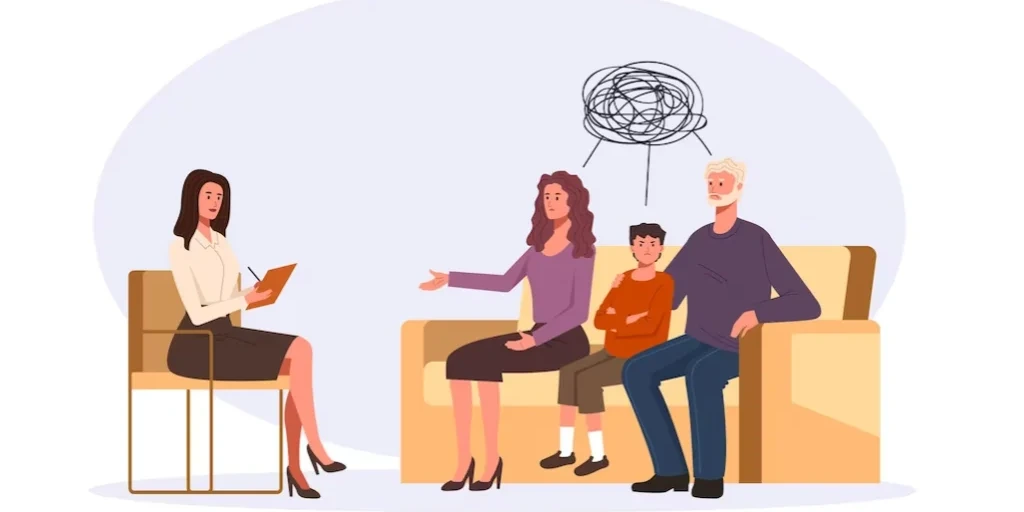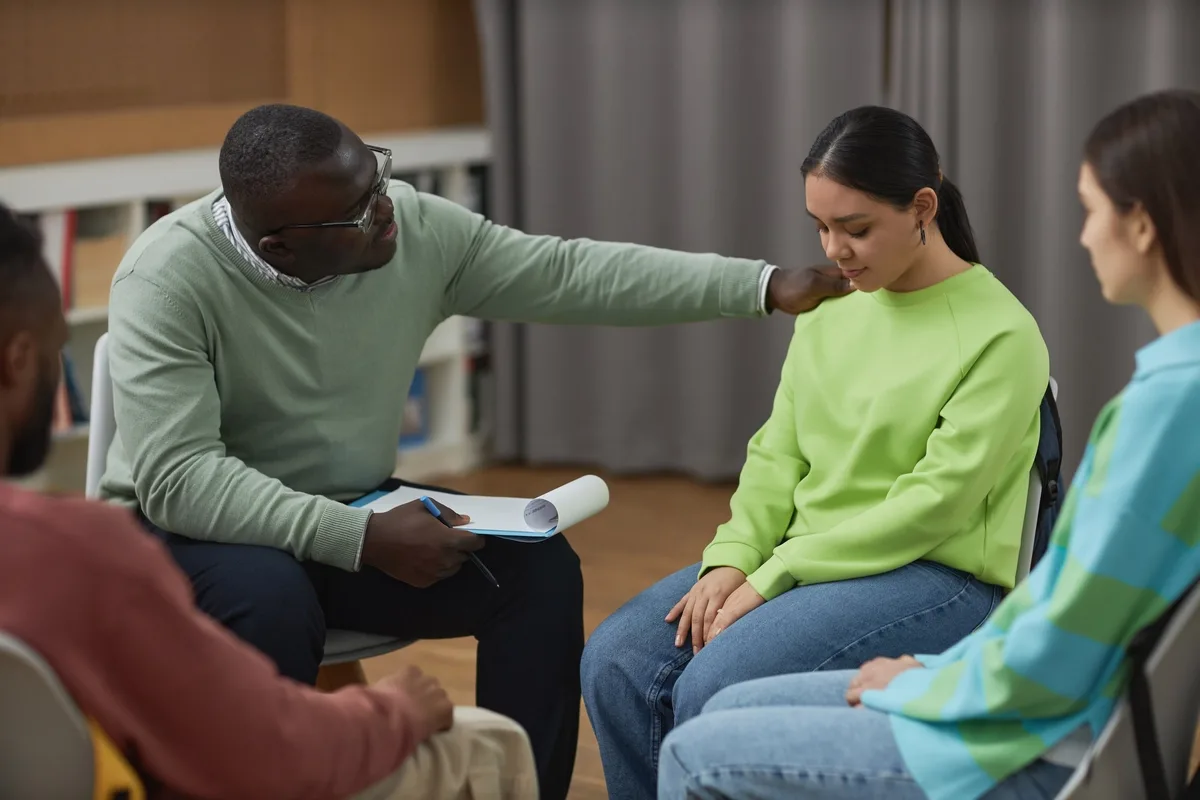24/7 Helpline:
(866) 899-221924/7 Helpline:
(866) 899-2219
Learn more about Outpatient Rehab centers in Peachtree City
Outpatient Rehab in Other Cities

Other Insurance Options

MHNNet Behavioral Health

Premera

Molina Healthcare

Private insurance

Health Net

GEHA

Access to Recovery (ATR) Voucher

Oxford

Highmark

UnitedHealth Group

Sutter

Choice Care Network

UMR

EmblemHealth

State Farm

Health Partners

BlueShield

WellCare Health Plans

Sliding scale payment assistance

Holman Group

Georgia Addiction Treatment Center
Georgia Addiction Treatment Center (GATC) is a CARF-accredited drug and alcohol rehab located in Pea...

Grace Harbour
Grace Harbour is an outpatient mental health clinic that serves individuals from all ages in a holis...





Turning Point New Directions
Turning Point New Directions is a counseling clinic located in Tyrone, GA. Turning Point New Directi...

The Insight Program
The Insight Program is a private rehab located in Tyrone, Georgia. The Insight Program specializes i...

Pyramid Healthcare – Pine Ridge Manor Halfway House for Men
Pyramid Healthcare - Pine Ridge Manor Halfway House for Men is located in Tyrone, Pennsylvania. Pyra...
































































